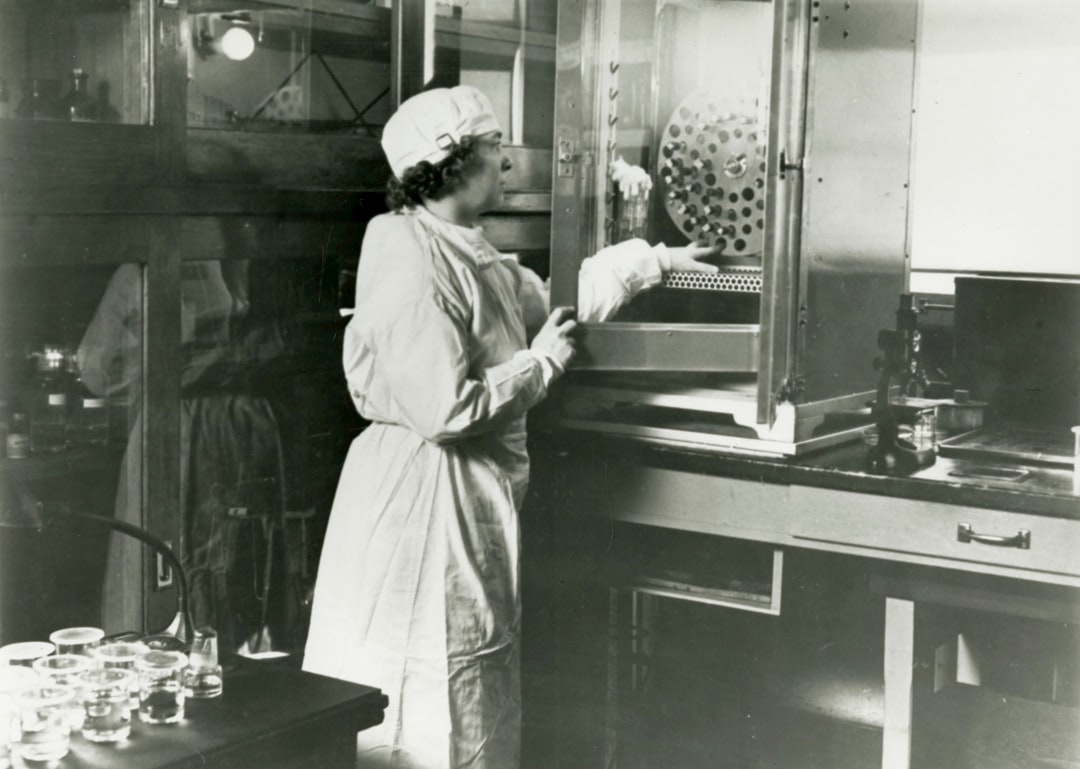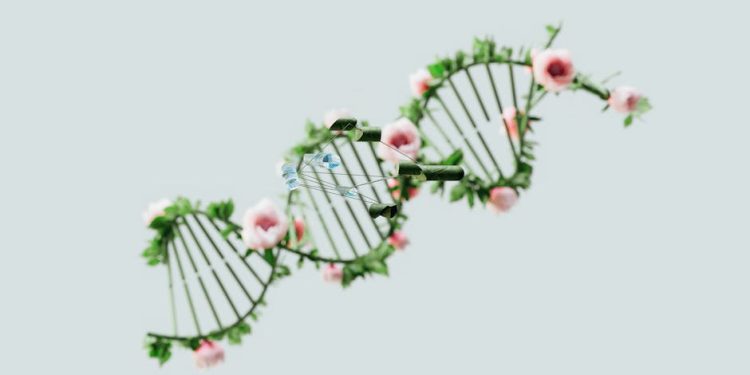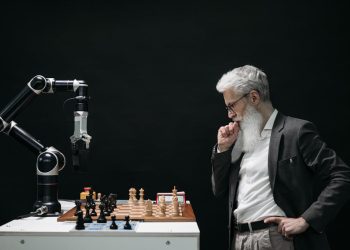No products in the cart.
AI in Biotech: Smarter Labs, Smarter Scientists
AI is revolutionizing biotech research, leading to smarter labs and innovative roles for scientists, shaping the future of scientific discovery.
AI in Biotech: Smarter Labs, Smarter Scientists
The intersection of artificial intelligence (AI) and biotechnology is not just a technological advancement; it is a paradigm shift that is transforming the way research is conducted, analyzed, and understood. As AI continues to infiltrate various sectors, its impact on biotech is profound, giving rise to smarter labs and, consequently, smarter scientists.
The Evolution of Biotech Research
Historically, biotechnology has relied heavily on traditional methodologies that often required extensive manual labor and time-consuming processes. However, with the advent of AI, researchers are now equipped with tools that can analyze vast datasets at unprecedented speeds. Machine learning algorithms can identify patterns in genetic sequences, predict protein structures, and even suggest potential drug candidates far more efficiently than human researchers alone.
This evolution is not merely about efficiency; it is about expanding the frontiers of scientific possibility. AI technologies are enabling scientists to tackle complex biological questions that were once deemed insurmountable. For instance, researchers can now simulate biological reactions in silico, allowing them to test hypotheses and iterate on experiments rapidly. Such capabilities not only accelerate the pace of research but also reduce costs, making biotech more accessible to a wider range of institutions and startups.

New Roles in the Biotech Landscape
 Career Advice
Career AdviceTransforming Mornings: The Key to Career Success
Explore how a 15-minute morning routine can transform your career trajectory, drawing insights from successful professionals.
As AI reshapes the biotech landscape, it is also giving rise to new career opportunities and roles within the field. The traditional roles of bench scientists and researchers are evolving into more interdisciplinary positions that require a blend of biological knowledge and computational skills. Biotechnologists are now expected to be data-savvy, capable of leveraging AI tools to enhance their research output.
As a result, educational institutions are beginning to adapt their curricula to prepare students for these new demands, emphasizing the importance of interdisciplinary training that combines biology, computer science, and data analysis.
The emergence of roles such as bioinformatics specialists, computational biologists, and data scientists within biotech companies underscores this shift. These professionals play a crucial role in interpreting the data generated by AI systems and integrating it into actionable research insights. As a result, educational institutions are beginning to adapt their curricula to prepare students for these new demands, emphasizing the importance of interdisciplinary training that combines biology, computer science, and data analysis.
The Ethical Implications of AI in Biotech
With great power comes great responsibility, and the integration of AI into biotech research raises important ethical questions. Issues surrounding data privacy, algorithmic bias, and the implications of AI-driven decisions must be addressed as the technology continues to evolve. Researchers and companies must ensure that AI algorithms are transparent and accountable, particularly when they are involved in critical health-related decisions.
Moreover, as AI systems become more autonomous, the question of oversight becomes paramount. Establishing regulatory frameworks that can keep pace with technological advancements will be essential to ensure that innovation does not outstrip ethical considerations. This requires collaboration between scientists, ethicists, and policymakers to foster a responsible approach to AI in biotech.
 Artificial Intelligence
Artificial IntelligenceAI-Driven Entrepreneurship: A Catalyst for Growth in Emerging Markets
AI is reshaping the entrepreneurial landscape in emerging markets, paving the way for inclusive growth and innovation.
Read More →
Looking Ahead: The Future of Biotech and AI
The trajectory of AI in biotech suggests a future filled with possibility. As the technology matures, we can anticipate even more sophisticated applications that could revolutionize drug discovery, personalized medicine, and genetic engineering. Imagine a world where AI can not only assist in discovering new therapies but also tailor treatments to individual patients based on their unique genetic makeup.
Moreover, the collaboration between AI and biotech has the potential to address some of the most pressing global health challenges, from pandemics to chronic diseases. By harnessing the power of AI, researchers can analyze global health data to identify emerging threats and respond more effectively.
Establishing regulatory frameworks that can keep pace with technological advancements will be essential to ensure that innovation does not outstrip ethical considerations.
As we look to the future, it is clear that the synergy between AI and biotechnology will continue to evolve, creating new opportunities for innovation and discovery. Those entering the field must be prepared to adapt to the changes, embracing a mindset of lifelong learning and collaboration. The next generation of scientists will not only be researchers but also innovators who can navigate the complexities of technology and biology to push the boundaries of what is possible.











